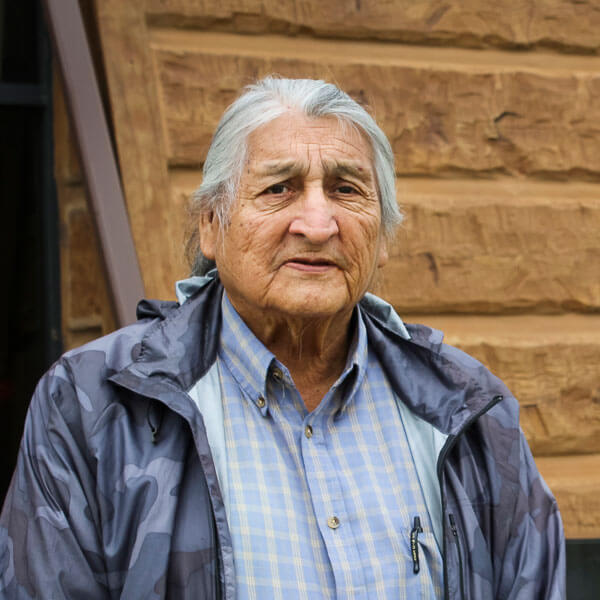Wolakota Code
The premise of the Lakota society is based on respect or Waohola. Respect is demonstrated when one observes and maintains integrity at all times. Respectful people avoid excessive and inappropriate talking, and they exhibit reservedness and warmth in their interaction with all people.
Lakota traditional ways inform us that the following are good practices if one seeks to embody respect:
- Hold all people (especially the Elders) in high esteem: honor them, venerate them, and praise them for their probity (wisdom and integrity).
- When ideas and concepts are expressed in meetings, honor them and build on them if they seem good, especially if they came from Elders or learned people.
- Never insist your ideas are better or argue this point.
- Never speak negatively about people in public because this tends to hurt people. When you hurt people it affects their heart. The heart is a sensitive organ and negative elements tend to build within, elements that eventually poison the mind. Decisions should be made from the mind and the heart.
- Do not walk between people who are speaking in public and the audience, or between people who are talking to each other. Do not interfere with people talking or people who have the floor. Non-interference is a virtue.
- Steer clear of confrontation as much as possible. There are ways of settling differences. Use diplomacy. If people are persistent, walk away. This is especially true when others know that the person causing the confrontation is wrong.
- Do not get up and walk out when someone is talking, except in an emergency. Apologize if it is appropriate to do so.
- Allow all speakers to speak their mind without interrupting them. Listen to people or pay attention to them as a courtesy.
- Do not spread rumors. Always try to present facts and truths. Rumors will eventually become well known to people and will be taken care of in time.
- Traditional values should always be upheld because the youth look up to the older generations as models.
- Never correct, challenge or yell at an Elder in public. To do so is a sign of disrespect.
- Always treat the youth or younger generation as one of your own relatives and with respect because they look up to you and emulate what you teach.
- When in the company of Elders, never speak out of turn, unless you are asked something.
- Never point at someone. To do so is a sign of disrespect. Remember the story of the two who pointed at the stars.
- Never threaten anyone with a pipe or ceremony. To do so will bring hurt to you and your family. Never use the pipe in public if there is any negativity or potential negativity.
- As a leader, you are a spokesperson for the people and you should always trust in the people to help you make important decisions.
- Respect your leaders because they deserve the respect they have earned.
- Leaders should always look for a compromise between two irreconcilable forces. Never take sides because a leader should be able to mediate in order to make the best decision for the people.
- Have compassion for people who experience hurt.
Respect is a significant component of Wolakota, the code of compassion that guides Lakota society. Respect is the essential unifying force that helps the people to be in harmony and at peace with each other. Without Wolakota, the results would be catastrophic and would lead our society to decadence. This is why the leaders, especially the elders of the past, conceived of Wolakota and thus ensured that the Lakota way of life would prevail.
Today, as has happened in the past when our society faced collapse, the Lakota way of life is facing a similar meltdown because we are moving away from the traditional respect of Wolakota. Our people must go back to the center of our traditional ways by reinstating appropriate values of Woahola and Wolakota.
Hecel oyate kin nipi kte.
